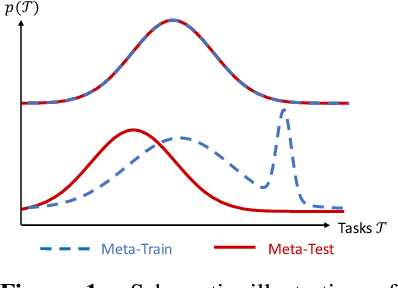Rajesh Mishra
Enhancing K-user Interference Alignment for Discrete Constellations via Learning
Jul 21, 2024



Abstract:In this paper, we consider a K-user interference channel where interference among the users is neither too strong nor too weak, a scenario that is relatively underexplored in the literature. We propose a novel deep learning-based approach to design the encoder and decoder functions that aim to maximize the sumrate of the interference channel for discrete constellations. We first consider the MaxSINR algorithm, a state-of-the-art linear scheme for Gaussian inputs, as the baseline and then propose a modified version of the algorithm for discrete inputs. We then propose a neural network-based approach that learns a constellation mapping with the objective of maximizing the sumrate. We provide numerical results to show that the constellations learned by the neural network-based approach provide enhanced alignments, not just in beamforming directions but also in terms of the effective constellation at the receiver, thereby leading to improved sum-rate performance.
A Channel Coding Benchmark for Meta-Learning
Jul 15, 2021



Abstract:Meta-learning provides a popular and effective family of methods for data-efficient learning of new tasks. However, several important issues in meta-learning have proven hard to study thus far. For example, performance degrades in real-world settings where meta-learners must learn from a wide and potentially multi-modal distribution of training tasks; and when distribution shift exists between meta-train and meta-test task distributions. These issues are typically hard to study since the shape of task distributions, and shift between them are not straightforward to measure or control in standard benchmarks. We propose the channel coding problem as a benchmark for meta-learning. Channel coding is an important practical application where task distributions naturally arise, and fast adaptation to new tasks is practically valuable. We use this benchmark to study several aspects of meta-learning, including the impact of task distribution breadth and shift, which can be controlled in the coding problem. Going forward, this benchmark provides a tool for the community to study the capabilities and limitations of meta-learning, and to drive research on practically robust and effective meta-learners.
 Add to Chrome
Add to Chrome Add to Firefox
Add to Firefox Add to Edge
Add to Edge